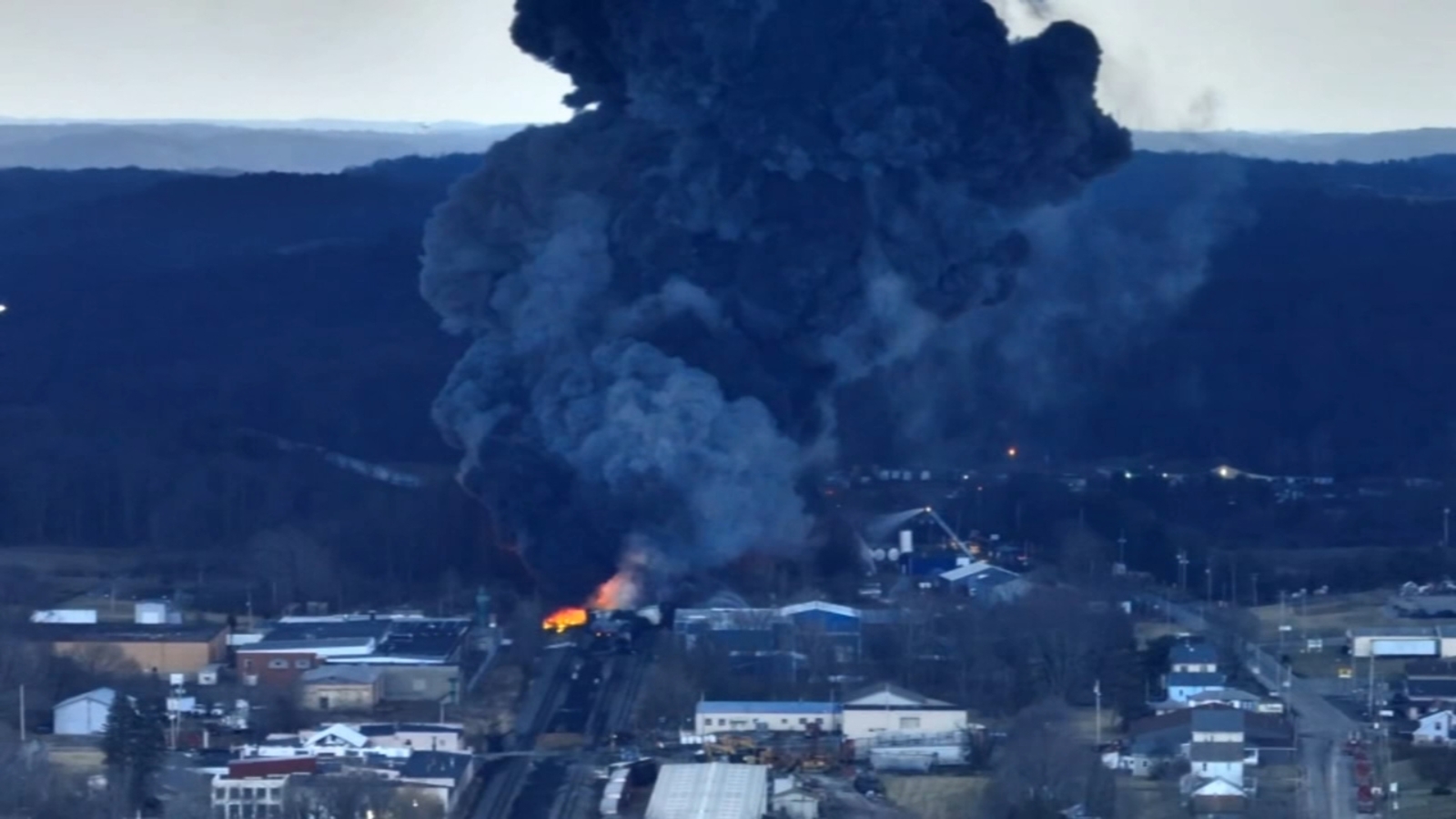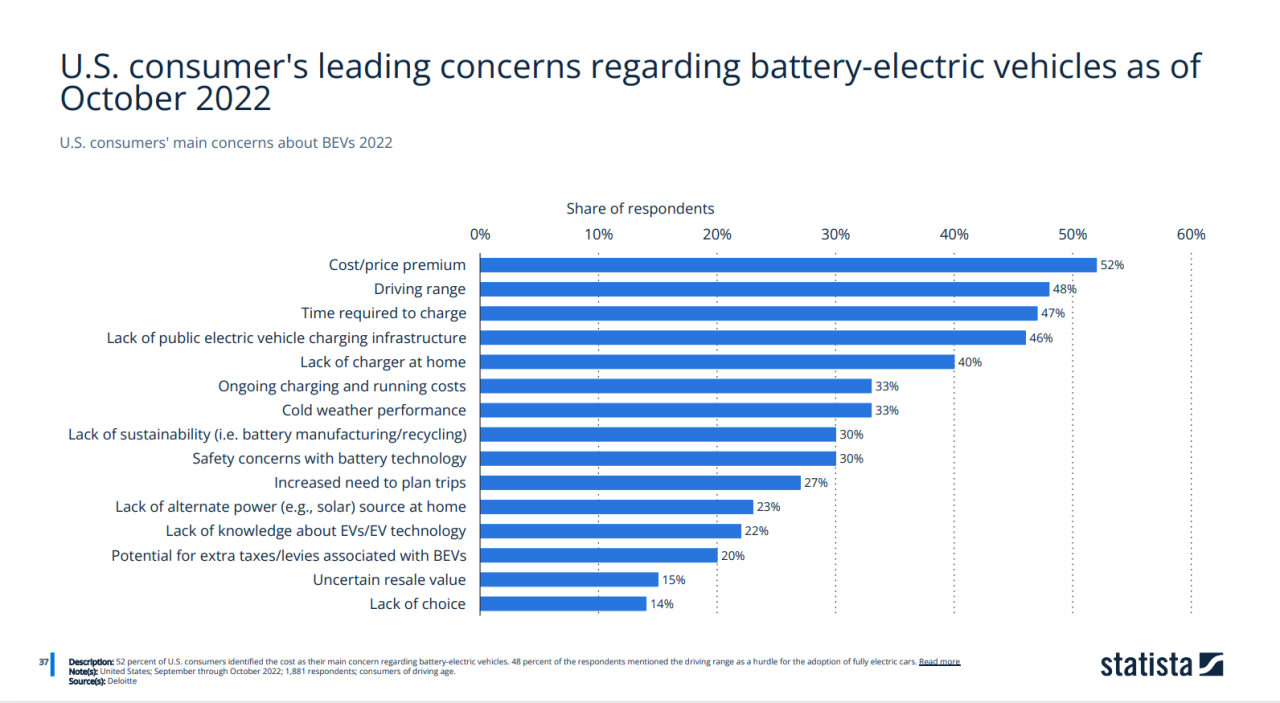Legal Battles Hamper Trump's Immigration Crackdown

Table of Contents
Challenges to the Travel Ban
Trump's travel ban, enacted in several iterations, aimed to restrict entry from several Muslim-majority countries. However, it faced immediate and sustained legal opposition, highlighting the significant power of judicial review in shaping immigration policy. The ban's stated purpose – national security – was vigorously challenged in courts across the country.
- Key Court Cases: Hawaii v. Trump is perhaps the most prominent case, ultimately leading to Supreme Court rulings that partially upheld the ban, but with significant limitations imposed by the justices. Other lower court cases across the nation further slowed and altered the implementation.
- Arguments Presented: Opponents argued the ban was discriminatory, violating the Establishment Clause of the First Amendment and exceeding the President's executive authority. The administration defended the ban on national security grounds, citing threats of terrorism.
- Impact of Court Rulings: Court rulings significantly delayed and modified the travel ban's implementation, preventing a full and immediate rollout. The legal battles significantly weakened the intended scope and effectiveness of the ban.
- Statistics: While precise numbers are hard to pin down due to the evolving nature of the ban and subsequent modifications, estimates indicate thousands of individuals were directly affected by the travel restrictions, with many facing delays and uncertainty. This impacted not only those directly targeted by the ban but their families and communities as well.
Legal Battles over Family Separation
The Trump administration's "zero tolerance" policy at the border, leading to the separation of families, sparked widespread outrage and numerous legal challenges. These cases highlighted the profound ethical and legal questions surrounding the treatment of asylum seekers and undocumented immigrants.
- Class-Action Lawsuits: Numerous class-action lawsuits were filed on behalf of separated families, seeking reunification and compensation for the trauma experienced.
- Ethical and Legal Arguments: Critics argued family separation violated international human rights law, specifically the principle of best interests of the child. The legal arguments centred on violations of due process and potential for irreparable harm to children.
- International Human Rights Law: The legal battles frequently referenced international conventions protecting children and refugees, adding weight to the arguments against the policy's legality.
- Long-Term Consequences: The long-term psychological and emotional impact of family separation on children and parents remains a significant concern, with ongoing studies exploring the lasting effects of this controversial policy.
Obstacles to the Construction of the Border Wall
The proposed construction of a wall along the U.S.-Mexico border faced a multitude of legal challenges, significantly delaying and increasing the cost of the project.
- Land Ownership Disputes: The government faced numerous lawsuits involving private land ownership and eminent domain issues, where landowners resisted the seizure of their property for the wall's construction.
- Environmental Concerns: Environmental protection laws presented legal hurdles, with lawsuits alleging violations related to habitat destruction, water contamination, and the impact on endangered species.
- Native American Tribes: Several Native American tribes filed lawsuits, claiming the wall's construction violated their treaty rights and sacred sites.
- Cost Overruns and Delays: The ongoing legal battles contributed substantially to cost overruns and significant delays in the wall's construction, making it a far more expensive and protracted undertaking than initially envisioned.
DACA and its Legal Precariousness
The Deferred Action for Childhood Arrivals (DACA) program, which offered temporary protection from deportation to certain undocumented immigrants who arrived in the U.S. as children, faced repeated legal challenges throughout the Trump administration.
- Challenges to DACA's Legality: The program's legal standing was repeatedly challenged, with the administration attempting to rescind DACA, leading to ongoing court battles.
- Political and Humanitarian Implications: The legal uncertainty surrounding DACA created significant political and humanitarian consequences, affecting the lives of hundreds of thousands of individuals who had built their lives in the United States.
- Impact on DACA Recipients: The prolonged legal battles resulted in considerable anxiety and uncertainty for DACA recipients, impacting their ability to access education, employment, and other essential services.
The Impact of Legal Challenges on Trump's Immigration Agenda
The numerous legal battles detailed above significantly hampered Trump's ambitious immigration crackdown. These challenges demonstrate the crucial role of judicial oversight in shaping immigration policy and the limitations placed on executive power in this area. The lasting effects of these legal challenges continue to influence current immigration debates and the development of future immigration policies. Understanding the complexities of these legal battles surrounding immigration is crucial. Stay informed and engage in the conversation about the future of immigration policy and its legal ramifications.

Featured Posts
-
 Ohio Train Derailment Assessing The Long Term Effects Of Toxic Chemical Exposure In Buildings
Apr 24, 2025
Ohio Train Derailment Assessing The Long Term Effects Of Toxic Chemical Exposure In Buildings
Apr 24, 2025 -
 Ella Travolta Od Djevojcice Do Prekrasne Mlade Zene
Apr 24, 2025
Ella Travolta Od Djevojcice Do Prekrasne Mlade Zene
Apr 24, 2025 -
 Resistance To Electric Vehicle Regulations Grows Among Car Dealers
Apr 24, 2025
Resistance To Electric Vehicle Regulations Grows Among Car Dealers
Apr 24, 2025 -
 Us Market Slump Vs Emerging Market Growth A 2023 Performance Comparison
Apr 24, 2025
Us Market Slump Vs Emerging Market Growth A 2023 Performance Comparison
Apr 24, 2025 -
 Sophie Nyweide Mammoth Noah Child Actor Dead At 24
Apr 24, 2025
Sophie Nyweide Mammoth Noah Child Actor Dead At 24
Apr 24, 2025
